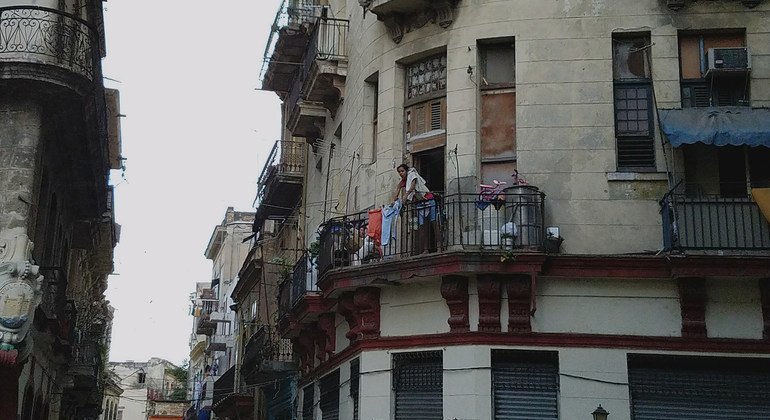The sanctions imposed by the United States on Cuba are having a significant impact on all aspects of life on the island, as recently expressed by Alena Douhan, the UN Special Rapporteur on the impact of unilateral coercive measures on the enjoyment of human rights, at the end of her official visit to Cuba. During her stay, Douhan highlighted that generations of Cubans have lived under these restrictions, which have drastically transformed the country’s economic and social landscape.
Douhan noted that for over six decades, the United States has maintained a wide-ranging regime of economic, commercial, and financial sanctions against Cuba, making it the longest-standing instrument of unilateral sanctions in its foreign policy. The Special Rapporteur also stressed how the tightening of these measures has increased since 2018, reaching a new level in 2021 with the inclusion of Cuba on the list of state sponsors of terrorism.
The specialist emphasized that the sanctions not only affect the Cuban government, but also limit the population’s ability to plan for the long term, causing a serious deterioration in the social fabric of the nation. Douhan lamented that, despite constant calls from the UN General Assembly to end the blockade, it continues to be in force and becomes more restrictive. The shortage of essential supplies such as medicines, food, and basic resources jeopardizes fundamental rights of Cubans, including the right to life and health.
Furthermore, Douhan highlighted that the uncertainty caused by the sanctions makes foreign companies hesitant to invest or trade with Cuba, further exacerbating the scarcity crisis in the country, as businesses avoid getting involved in long-term projects out of fear of new restrictions.
The rapporteur called on the international community to respect international law and take into account humanitarian considerations, based on principles of mutual respect and cooperation. During her visit, Douhan met with various actors, including government officials, academics, health professionals, and representatives from the private sector, to gain a more comprehensive understanding of the situation in Cuba.
In September 2026, Douhan will present a report to the UN Human Rights Council that will provide a detailed assessment of her visit and the conditions faced by Cubans under the sanctions regime.
via: MiMub in Spanish










